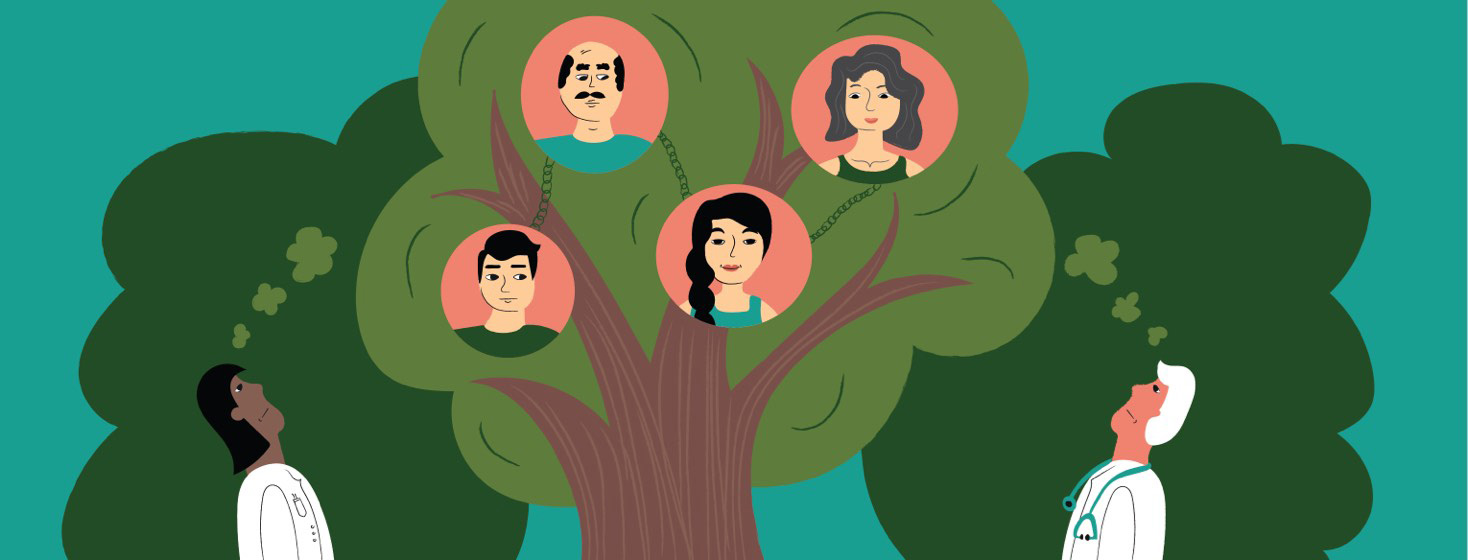Reading Labs and Raising Red Flags
I am always emphasizing that cancer patients should make a point to be the most educated person in the room. I don't mean you need a medical degree and know everything about your disease, but know everything about YOU. Know your baseline, your relative normal. This goes for lab work, symptoms, and how your body responds to things. Once you become familiar with all things you, it will be easy to spot issues and red flags. This is exactly what happened to me recently.
Learning to translate labs
Because I love information and numbers, I very early on had my nurses teach me how to read and understand lab results from blood draws. It was fascinating to learn what all the numbers meant and start to figure out what my normal levels were because let's face it - cancer patients don't have "normal" labs. For a few weeks, I had been noticing I wasn't at my baseline. I didn't feel great, and I was struggling with brain fog. My oncologist had signed off that my labwork "looked great," so I wasn't concerned at first. But as time went on I really felt like something was up.
Spotting the culprit and connecting the dots
So I decided to pull up my labs and take a look for myself. Everything looked just perfect until I got to one line almost at the very end of the report. Sure enough, there was a hormone level that was off the charts high. When I compared the six months of labs prior this hormone had never been high before. So I raised the alarm with my team.
They had not been looking at hormone levels just basic kidney levels, thyroid, and white counts to check off that I could have treatment. Initially, this was written off as maybe a bad sample or just a weird day. But I took time to explain some of the weird symptoms I had been experiencing and that I wasn't feeling like myself. This got my team to take it more seriously. Now we are closely watching my hormone levels to determine if it is cancer-related or something else.
The importance of understanding your baseline
Had I not been so acutely aware of my "normal" and taken time to look at my lab results, this could have been missed for a long time if discovered at all. I trust my medical team to always be on the lookout, but I know how easy it is to write off one weird result or miss it altogether.
If you haven't had the opportunity to learn about lab results and figure out what your normal is, I highly recommend snagging your oncologist or a nurse and have them give a brief tutorial on the numbers - what they mean, and what ranges you are hoping to stay in. I always like to request a copy of my labs before I leave an appointment or at the very least pull them up in my patient portal.
Staying aware and advocating for yourself can really be the difference between early detection and a big problem down the road.

Join the conversation